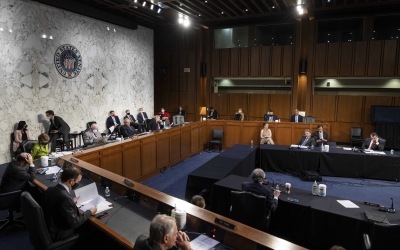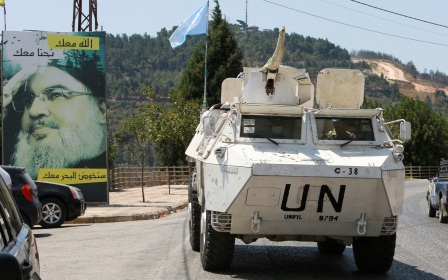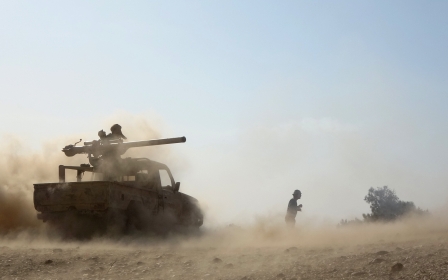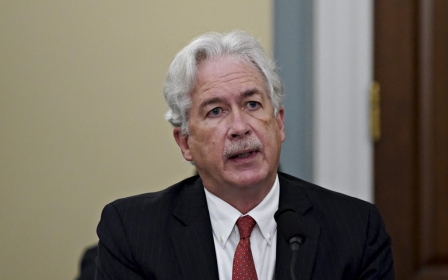US should deprioritise Iran, decrease military presence in Middle East, senator says
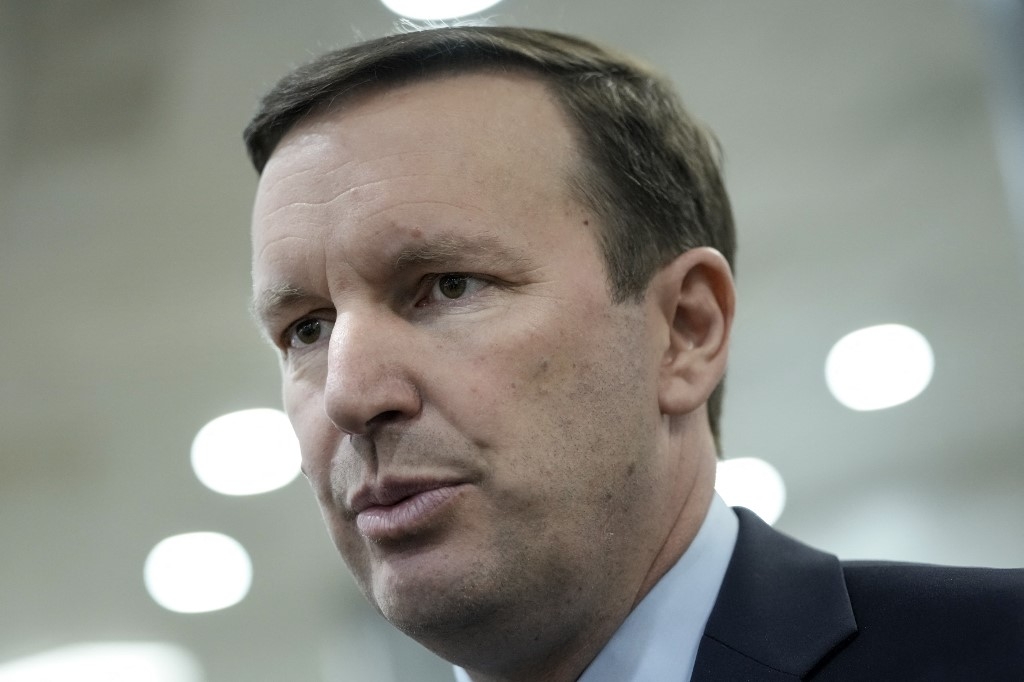
US Senator Chris Murphy has said Washington should deprioritise deterrence against Iran, cut down its military presence in the Middle East, and has also urged Saudi Arabia to "come to terms" with Hezbollah's influence in Lebanon.
"We have to look at our security footprints in the region. We spend billions of dollars putting massive amounts of troops in bases spread throughout the region. I don't think that actually accrues to our security interests," Murphy said during a podcast interview with the Center for Strategic and International Studies on Tuesday.
The lawmaker, who serves as chair of the Senate Foreign Relations subcommittee focusing on Middle East issues, said decreasing the overall "militaristic footprint" in the region also includes security aid to Saudi Arabia and the United Arab Emirates (UAE), which he said had not eased the risk of conflict in the region.
Murphy said the US should instead prioritise reentering the Iran nuclear deal - former President Donald Trump walked away from the agreement in 2018 - and reaching other long-term agreements with Tehran.
"I think that having some successful long-term diplomatic agreements between the United States and the Iranians will help build confidence for other diplomatic arrangements, either formal or informal, to be entered into that perhaps lower the temperature in the region," he said.
"I don't think that our current position in the region, whereby we are essentially giving the Saudi side whatever they need, is actually leading to that detente or to that conversation happening."
During the podcast, Murphy also placed partial blame for the situation in Lebanon on a lack of Saudi engagement over Hezbollah's influence inside Lebanon.
Lebanon has been suffering from a crippling economic crisis that has worsened to become one of the "most severe" in the world since the mid-19th century.
"[The Saudis] are deeply uncomfortable with the role that Hezbollah plays. The Saudis should come to terms with the fact that - at least in the short term - Hezbollah is going to be part of the political infrastructure there," he said.
"It would be much better for the Saudis to be a partner with the United States, with the French and other countries to try to offer the kind of economic support that might provoke political reform that would eventually allow for technocrats and non-sectarian actors to have greater influence in the government. That would lessen the influence of Hezbollah."
In previous years, Saudi Arabia cancelled billions of dollars in aid to Lebanon's military in protest of the Iran-backed Hezbollah.
China's expanding influence
The senator also dismissed concerns that cutting US military presence and security assistance to its allies in the Middle East would create openings for Washington's geopolitical adversaries, namely China.
He said the US must "play hardball" with Riyadh, adding that he doesn't believe "the Saudis are going to walk away from a security alliance with the United States.
"They will never get from the Chinese nor the Russians what they get from the United States today… They want us to be tougher on Iran, but they don’t have another potential partner like the United States."
The issue of China's increasing influence in the region was highlighted in a Senate Foreign Relations subcommittee hearing on Tuesday.
Earlier this year, the foreign relations committee advanced legislation that seeks to combat Beijing's economic and military influence in the Middle East, which it says comes at the expense of American national security interests.
Murphy, however, said concerns of China outpacing the US is not in the military sector, but in the areas of development and economic aid - pointing to the specific example of Egypt.
In Egypt, China has set up the Suez Economic and Trade Cooperation Zone, an economic and trade hub hosting Chinese entities and businesses. Beijing is also constructing a Central Business District in the country's new administrative capital.
"All we have available to us right now in Egypt is public shaming and the withdrawal of military aid, whereas the Chinese will come in with much more significant economic promise than the United States can today," Murphy said.
Middle East Eye propose une couverture et une analyse indépendantes et incomparables du Moyen-Orient, de l’Afrique du Nord et d’autres régions du monde. Pour en savoir plus sur la reprise de ce contenu et les frais qui s’appliquent, veuillez remplir ce formulaire [en anglais]. Pour en savoir plus sur MEE, cliquez ici [en anglais].


